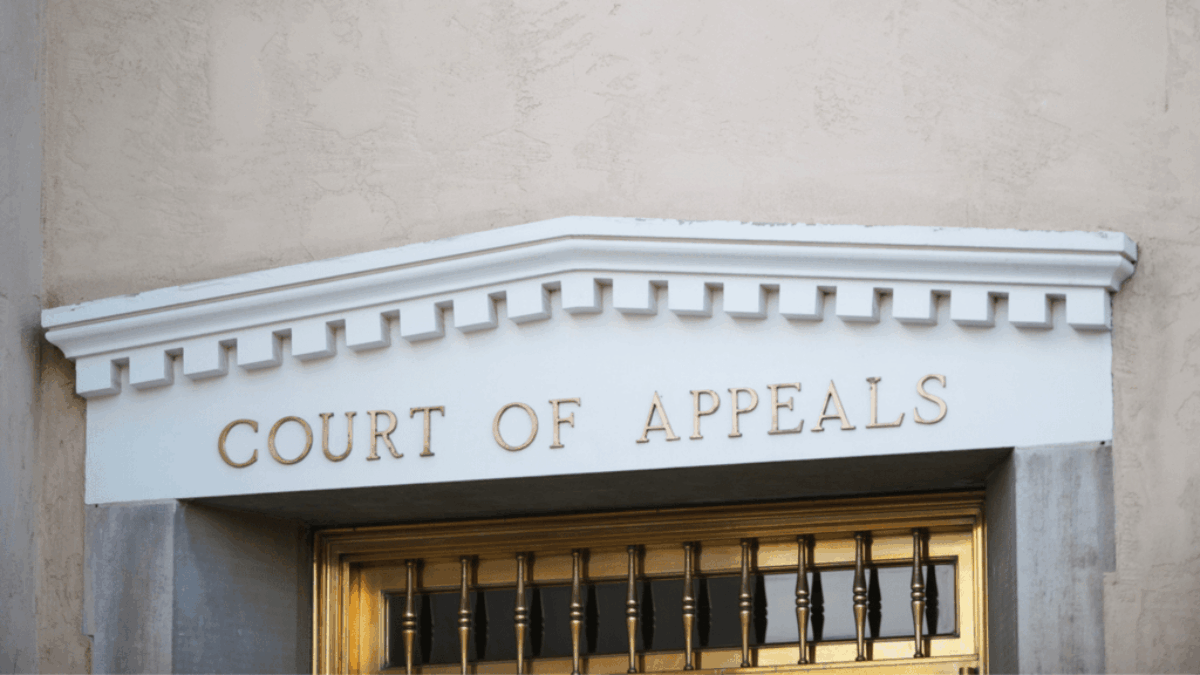HAVE COURTS BECOME TOO INVOLVED IN TRUMP’S POLICIES
Are you as tired of court injunctions against Trump’s policies as I am? Checks and balances are crucial to our system of government. Clearly, no one wants a president with unchecked authority. But what we have seen with President Donald Trump is something different: courts stepping in, not out of constitutional necessity, but out of blatant political opposition.
According to Just Security, there are currently 403 cases before the courts challenging Trump’s policies. Think about that number: 403 lawsuits against a sitting president. How can a president govern effectively when so much of his agenda is tied up in litigation?
Take the case of F-1 foreign student visas. After the government reversed its policy, lawsuits and restraining orders poured in, more than 100 lawsuits bundled into one, plus 50 restraining orders. The result? Foreign students can now remain in the United States indefinitely, while American students continue to face limited opportunities. Trump tried to address this imbalance, yet his efforts were blocked in court.
The same story plays out across policy areas. Tariffs, immigration enforcement, and streamlining the federal workforce as examples. Each time, district court judges step in with nationwide injunctions. These freezes last until appeals courts, and seemingly too often, the Supreme Court has to weigh in. And more often than not, higher courts side with Trump. In fact, the Supreme Court has reversed lower-court injunctions 19 times. So was justice served by the delay, or was the president simply hamstrung by partisan roadblocks?
Some of the most puzzling injunctions came when Trump sought to redefine birthright citizenship, deport cartel members, fire the partisan head of the National Labor Relations Board, or impose tariffs. Regardless of whether one agrees with those policies, the question remains: Should unelected judges in lower courts have the power to freeze the agenda of a president elected by the people?
Consider the contrast. In just the first 100 days of Trump’s presidency, there were 25 injunctions filed. By comparison, Biden has faced only 28 injunctions in his entire presidency. That disparity alone should make us pause.
The process has become almost predictable:
- Trump issues a policy.
- A district court judge halts it.
- An appeals court often reverses the injunction.
- When not, the administration appeals to the Supreme Court, which frequently rules in Trump’s favor.
This is not how the balance of power should function. Judicial review was never meant to be a partisan veto. When courts act primarily as political tools, the real casualty is the ability of any president, and not just Trump, to govern effectively.
We elected a president, not panels of district court judges with political agendas. Checks and balances should restrain abuse of power, not block the will of the voters through endless and costly lawsuits.



